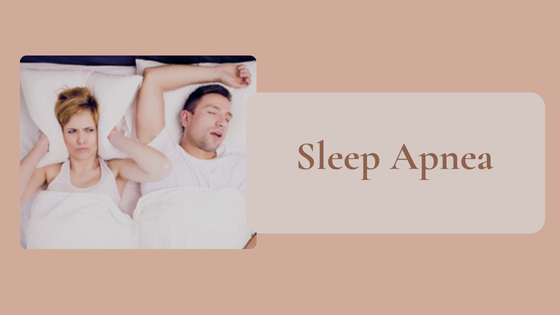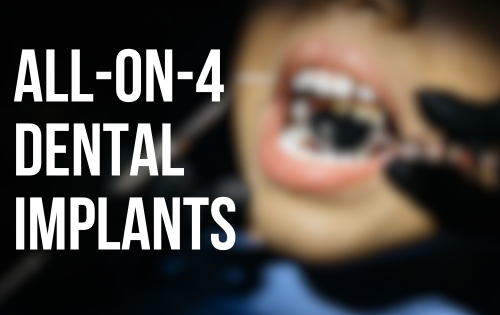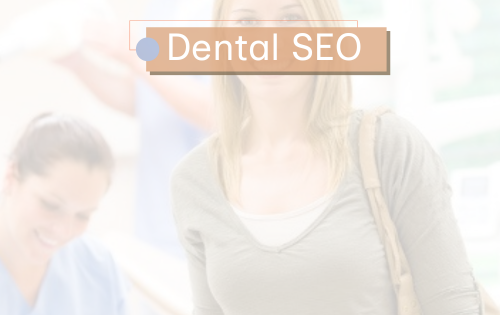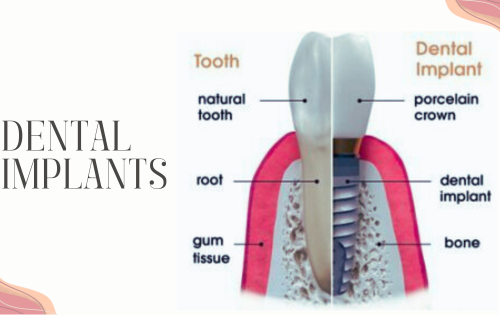Sleep apnea is often viewed as a medical condition best handled by sleep specialists and CPAP machines. But what many patients don’t realize is that dentistry plays a critical role in both diagnosing and treating this disruptive disorder. Because the airway is closely connected to the jaw, tongue, and oral structures, dentists are uniquely positioned to identify signs of sleep apnea and offer solutions that go beyond traditional approaches. For patients seeking alternatives to bulky machines or invasive surgery, dental treatments can offer a more comfortable, personalized path to relief.
Obstructive sleep apnea (OSA), the most common form of the condition, occurs when the soft tissues in the throat collapse during sleep, blocking airflow and causing repeated pauses in breathing. These interruptions can happen dozens or even hundreds of times per night, preventing deep sleep and reducing oxygen levels. The result is chronic fatigue, mood disturbances, and increased risk of serious health issues like heart disease, stroke, and diabetes. While CPAP therapy remains the gold standard, it’s not the only option—and for many, it’s not the best fit.
Oral Appliance Therapy: A Proven Alternative
One of the most effective dental treatments for sleep apnea is oral appliance therapy. These custom-made devices are worn during sleep and work by repositioning the jaw and tongue to keep the airway open. Unlike CPAP machines, which require a mask and continuous airflow, oral appliances are small, quiet, and easy to wear. They’re especially beneficial for patients with mild to moderate OSA or those who can’t tolerate CPAP.
The process begins with a detailed evaluation of the patient’s airway, bite, and jaw alignment. Using digital imaging and impressions, the dentist designs a device tailored to the patient’s anatomy. Once fitted, the appliance gently shifts the lower jaw forward, preventing the tongue from falling back and obstructing the airway. The result is uninterrupted breathing, deeper sleep, and improved daytime energy.
Patients often report dramatic improvements in sleep quality, reduced snoring, and fewer nighttime awakenings. Because the device is portable and discreet, it’s also ideal for travel and shared sleeping arrangements. For those who’ve struggled with CPAP compliance, oral appliance therapy offers a welcome alternative that doesn’t compromise effectiveness.
Airway-Focused Dentistry: Looking Beyond the Teeth
Treating sleep apnea through dentistry requires more than just fitting a device—it demands a comprehensive understanding of airway health. Airway-focused dentists evaluate how the structure and function of the mouth, jaw, and throat contribute to breathing issues. They look for signs like a narrow palate, recessed jaw, tongue posture problems, and teeth grinding—all of which can indicate underlying sleep apnea.
This holistic approach allows dentists to identify patients who may not even realize they have sleep apnea. For example, chronic fatigue, morning headaches, and jaw pain are often dismissed as unrelated issues, but they can be key indicators of disrupted sleep. By connecting these dots, airway-focused dentists can intervene early and prevent long-term complications.
Hillsboro Dental Excellence is one of the few sleep apnea Hillsboro clinics offering this level of care. Their team specializes in airway evaluations and custom oral appliances, helping patients find relief without relying solely on CPAP. With advanced imaging technology and a patient-first philosophy, they’ve become a trusted resource for those seeking dental solutions to sleep apnea.

Collaboration with Sleep Specialists
While dental treatments can be highly effective, they’re most successful when integrated into a broader care plan. That’s why collaboration between dentists and sleep physicians is essential. A proper diagnosis typically involves a sleep study, which monitors breathing patterns, oxygen levels, and brain activity during sleep. Once diagnosed, the patient and their providers can determine the best course of action—whether that’s CPAP, oral appliance therapy, or a combination of both.
Dentists play a key role in this process by offering ongoing support and adjustments. As the patient’s anatomy or symptoms change, the oral appliance may need to be modified for optimal performance. Regular follow-ups ensure that the device continues to provide effective relief and that the patient remains comfortable.
This multidisciplinary approach not only improves outcomes but also empowers patients to take control of their sleep health. By combining medical expertise with dental innovation, providers can offer solutions that are both effective and sustainable.
The Long-Term Benefits of Dental Treatment
Treating sleep apnea through dental solutions isn’t just about better sleep—it’s about better health. Restoring normal breathing patterns reduces the strain on the heart, lowers blood pressure, and improves insulin sensitivity. It also enhances cognitive function, mood stability, and immune response. For many patients, the transformation is profound. They wake up feeling refreshed, regain focus and energy, and experience a renewed sense of well-being.
Dental treatments also offer long-term convenience. Oral appliances are easy to maintain, travel-friendly, and less intrusive than CPAP machines. They integrate seamlessly into daily routines and don’t require electricity or complex setup. For patients seeking a low-maintenance solution, this can be a game-changer.
Conclusion: A New Path to Restful Sleep
Sleep apnea is a serious condition, but it doesn’t have to mean a lifetime of machines and discomfort. Dental solutions offer a modern, patient-friendly alternative that addresses the root causes of airway obstruction. Through oral appliance therapy and airway-focused care, dentists can help patients breathe easier, sleep deeper, and live healthier.
In Hillsboro, Hillsboro Dental Excellence leads the way in providing these innovative treatments. Their commitment to personalized care and advanced technology makes them a standout choice for anyone seeking relief from sleep apnea. Because when it comes to sleep, every breath matters—and dentistry has the power to restore them.




